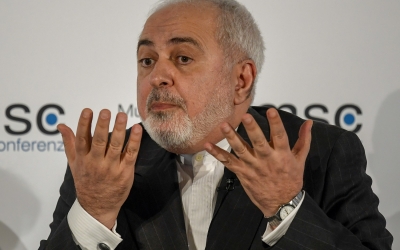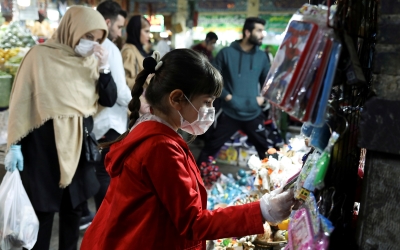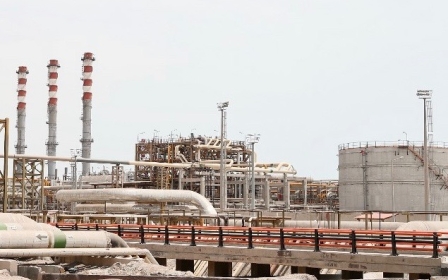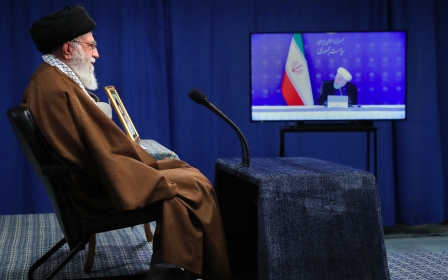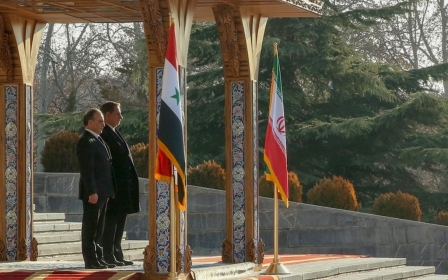Coronavirus: Iran slams US sanctions as 'inhumane' during WHO address
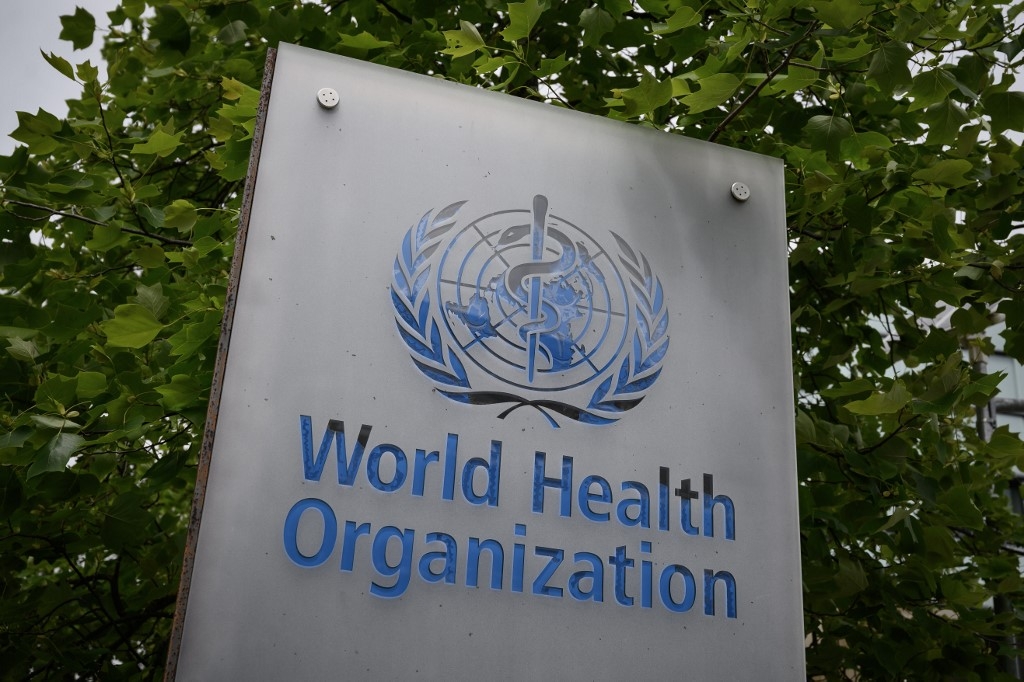
Iran has called for global solidarity against the coronavirus pandemic, but slammed US sanctions as "inhumane" during an address at the World Health Organisation's annual assembly.
Speaking to the assembly on Monday, which was held online due to Covid-19 restrictions, Iran's health minister Saeed Namaki called on world leaders to hold Washington accountable for the "unnecessary suffering and pain" burdening Iran's population due to US sanctions.
"The US must be held to account for its intensifying unilateral sanctions against Iran and other affected nations," Namaki said.
Alex Azar, US Secretary of Health and Human Services, also addressed the two-day forum but did not respond to Iran's allegations.
Iran has been hit by the pandemic harder than any other country in the Middle East, with more than 120,000 cases of Covid-19 and at least 7,000 related deaths.
The Islamic Republic reported 2,294 new coronavirus cases on Monday, according to official Health Ministry figures, the highest daily increase in more than six weeks.
The Trump administration began reinstating a series of crippling sanctions on various Iranian industries and individuals after it abandoned the multilateral Iran nuclear deal - known formally as the JCPOA - in May 2018.
Iran's devastated healthcare system
Despite rising tensions between Washington and Tehran that have led to an escalation in military confrontations, the US has said sanctions against Iran have been a success. Recently, the US alleged that Iranian sanctions were forcing the country to scale back its military presence in Syria, which Iran denies.
Still, several US politicians, rights groups, and activists have called on the administration to temporarily lift its sanctions due to the coronavirus pandemic, following in the footsteps of China and Russia.
Iran has also made repeated calls on the international community to reject US sanctions, which it says are impeding Tehran's fight against the virus.
While the Trump administration has said there are no sanctions on medicines or humanitarian assistance going to Iran, many banks and companies have refrained from taking part in any such ventures out of fear of getting caught up in US secondary sanctions.
According to Human Rights Watch, the unilateral US sanctions have devastated Iran's flagging healthcare system, hindering the ability for ordinary Iranians to access health services.
Sanctions have also more broadly impacted regular Iranians, causing private businesses to close down and forcing the value of Iran's currency, the rial, to plummet.
Earlier this month, Congress passed a bipartisan resolution that would have prohibited US military action against Iran without congressional approval, but President Trump vetoed the measure.
The Senate attempted to override the veto but failed to collect two-thirds of the vote.
Middle East Eye propose une couverture et une analyse indépendantes et incomparables du Moyen-Orient, de l’Afrique du Nord et d’autres régions du monde. Pour en savoir plus sur la reprise de ce contenu et les frais qui s’appliquent, veuillez remplir ce formulaire [en anglais]. Pour en savoir plus sur MEE, cliquez ici [en anglais].


